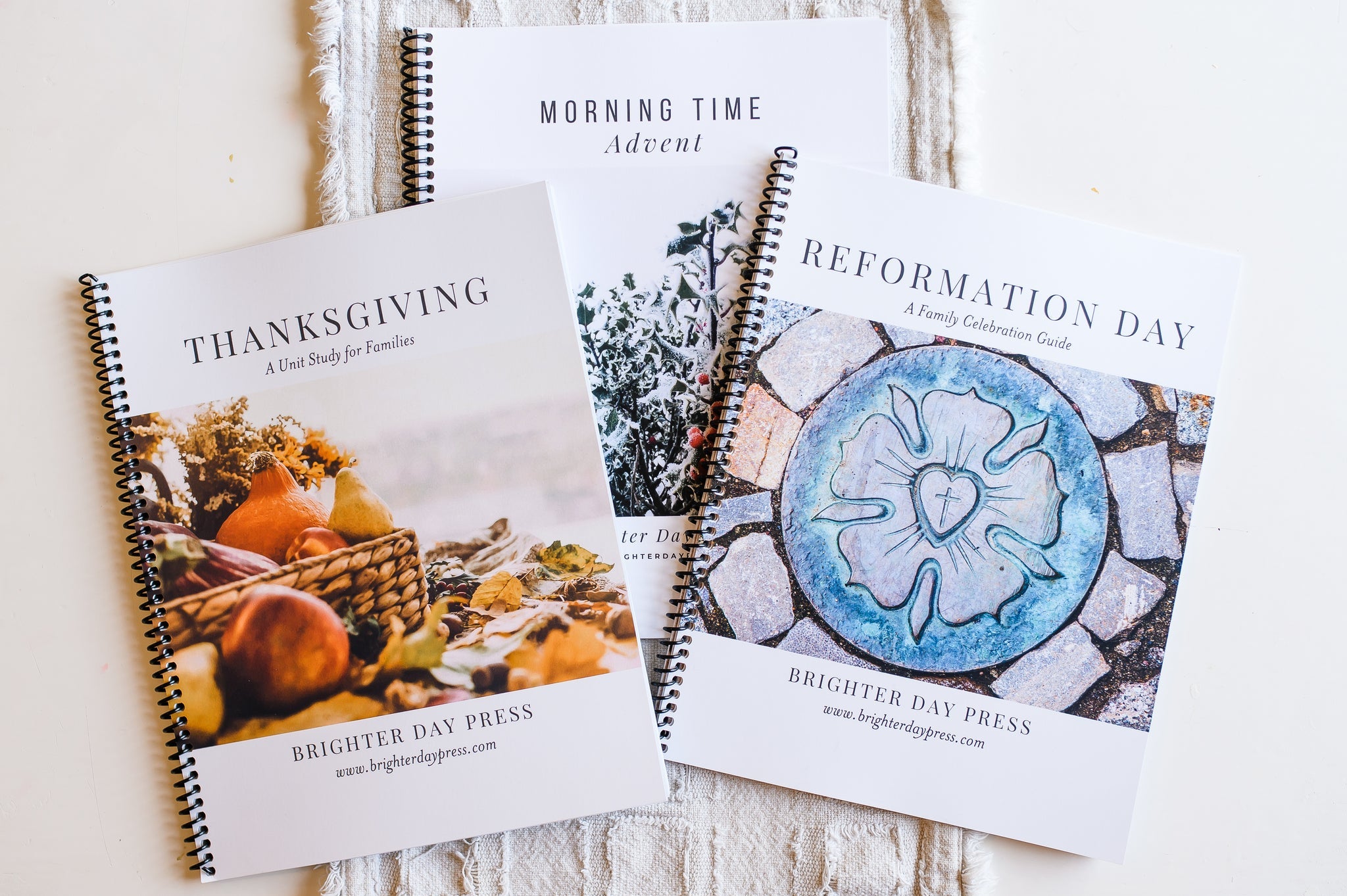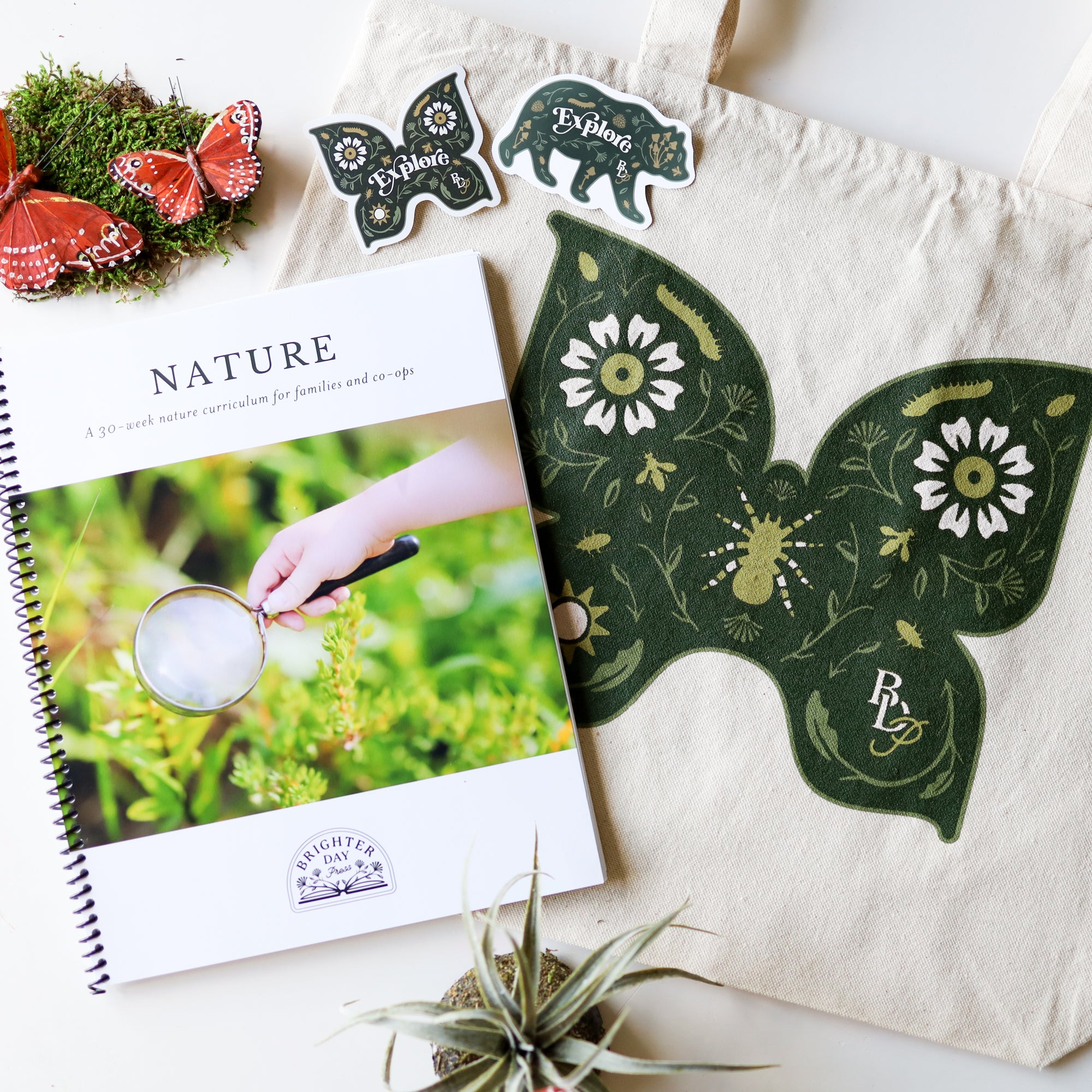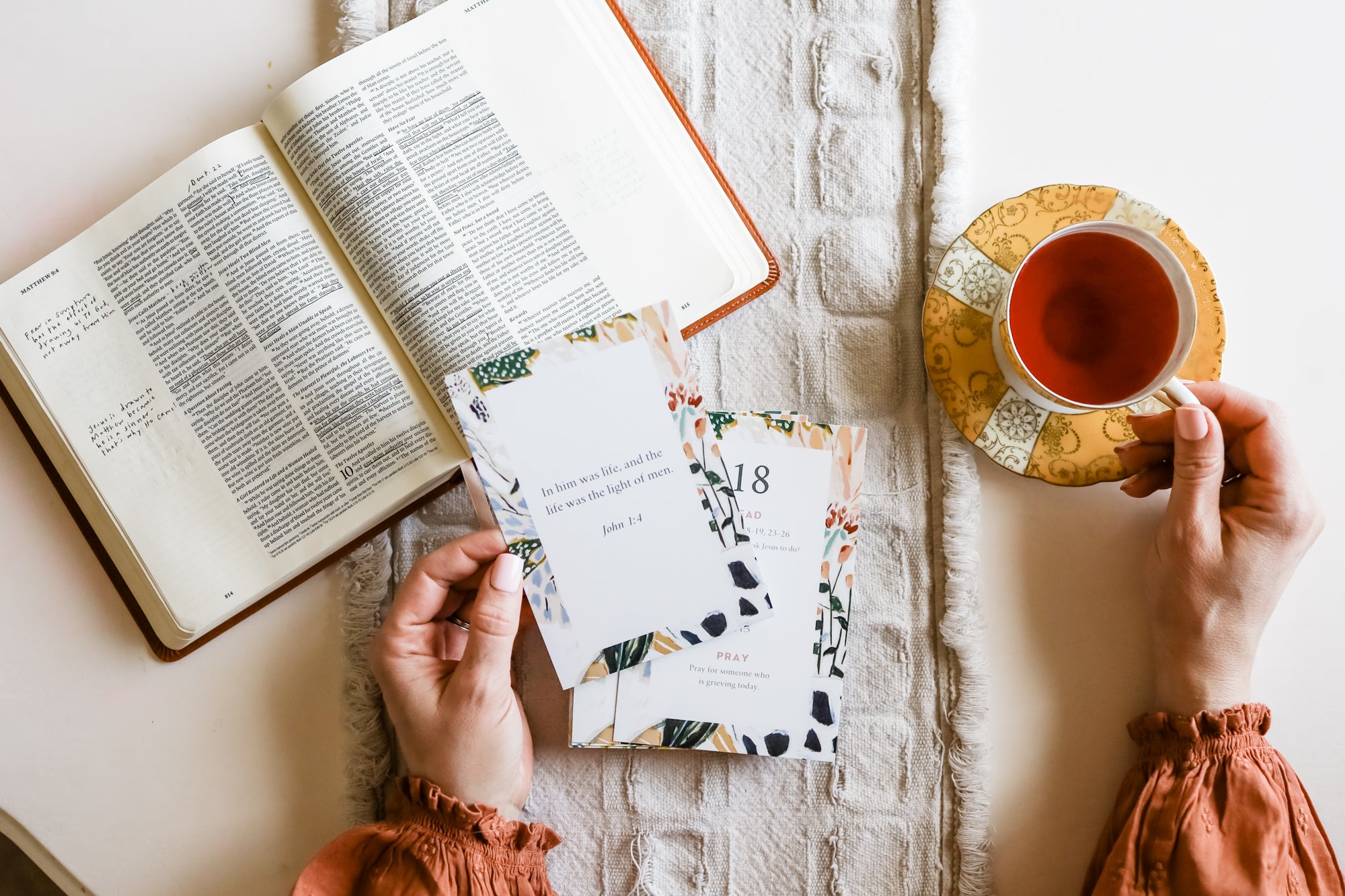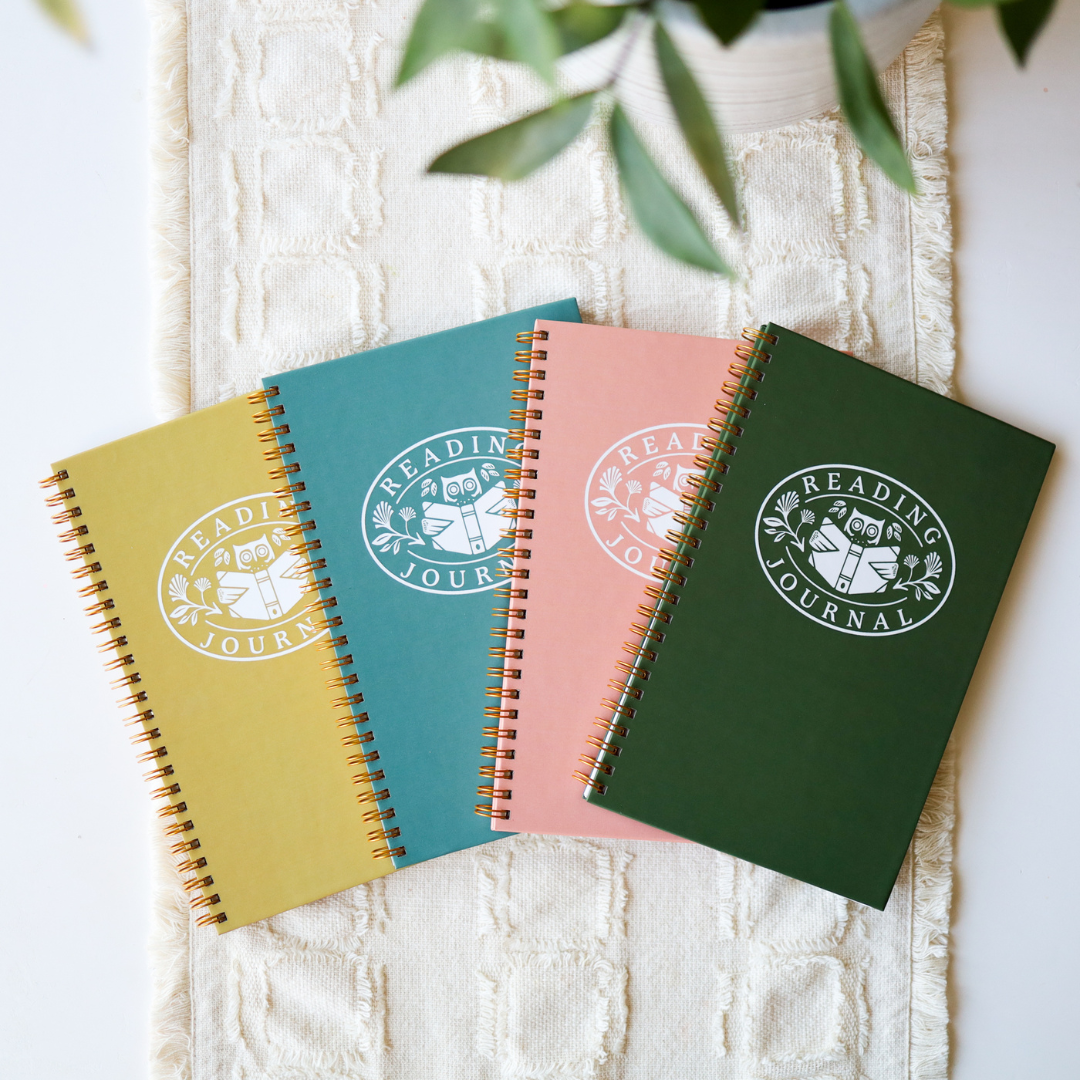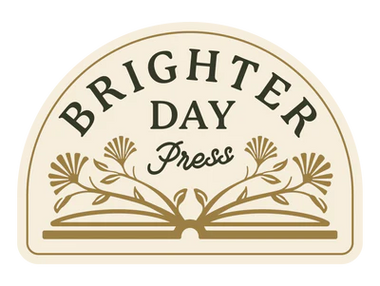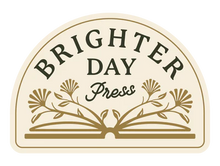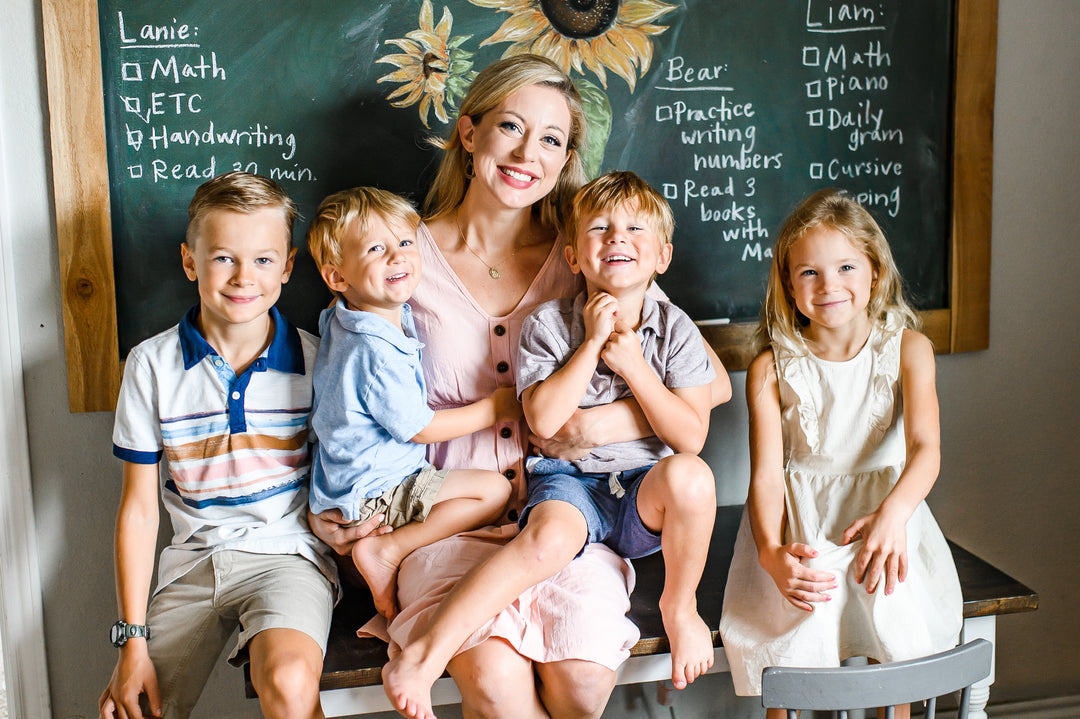10 tips for homeschooling on a budget

A quality education doesn't have to break your budget.
I began our homeschooling journey like so many of us do, wooed by shiny, new curriculum. I wanted it all—and thought we needed it all to have a successful homeschooling experience. I didn't realize there were many simple ways to make homeschooling more economical.
Our first year of homeschooling, I purchased a boxed curriculum with a set of brand new readers, a handwriting curriculum, a full science program, and a full math curriculum with manipulatives... and spent about $1500 for Liam's kindergarten year (ouch!). Now, I spend under $500 per homeschooling child per year.
Many homeschooling families are one-income families, so in order to have a sustainable homeschool for years to come, we have to learn to be wise stewards of our money. Here are a few tips that have helped us along the way:
1. Utilize your local library.
I can't emphasize this enough! Not only does our family reserve books every week and pick them up at the library, we've also requested books our library doesn't carry through interlibrary loan. Your library has access to potentially hundreds of libraries (and thousands of books) this way, so it's likely they'll be able to find what you're looking for if you're patient. Your library may also offer free classes and higher checkout limits for homeschoolers.
2. Choose a literature-based curriculum.
Our family doesn't use many expensive, consumable workbooks that must be purchased new for every child, which cuts down on costs. Choosing a literature-based, family-style curriculum like Beautiful Feet Books, The Peaceful Press, or even Brighter Day Press that utilizes books you can find at your local library is helpful for your budget!
3. Purchase (and sell) gently used curriculum.
Search Facebook for buy/sell/trade groups for your favorite curriculum and you'll often find amazing deals on books and instructor's guides—and you'll be supporting another homeschooling family in the process! Also, consider re-selling books. If you've worked through a curriculum and won't be using it in the future, consider selling the books and adding that money to your homeschooling budget.
4. Purchase gently used books.
My personal favorite source for used books is BetterWorldBooks.com. I prefer choosing "like new" or "very good" condition and they often have great sales. We have saved hundreds of dollars this way!
